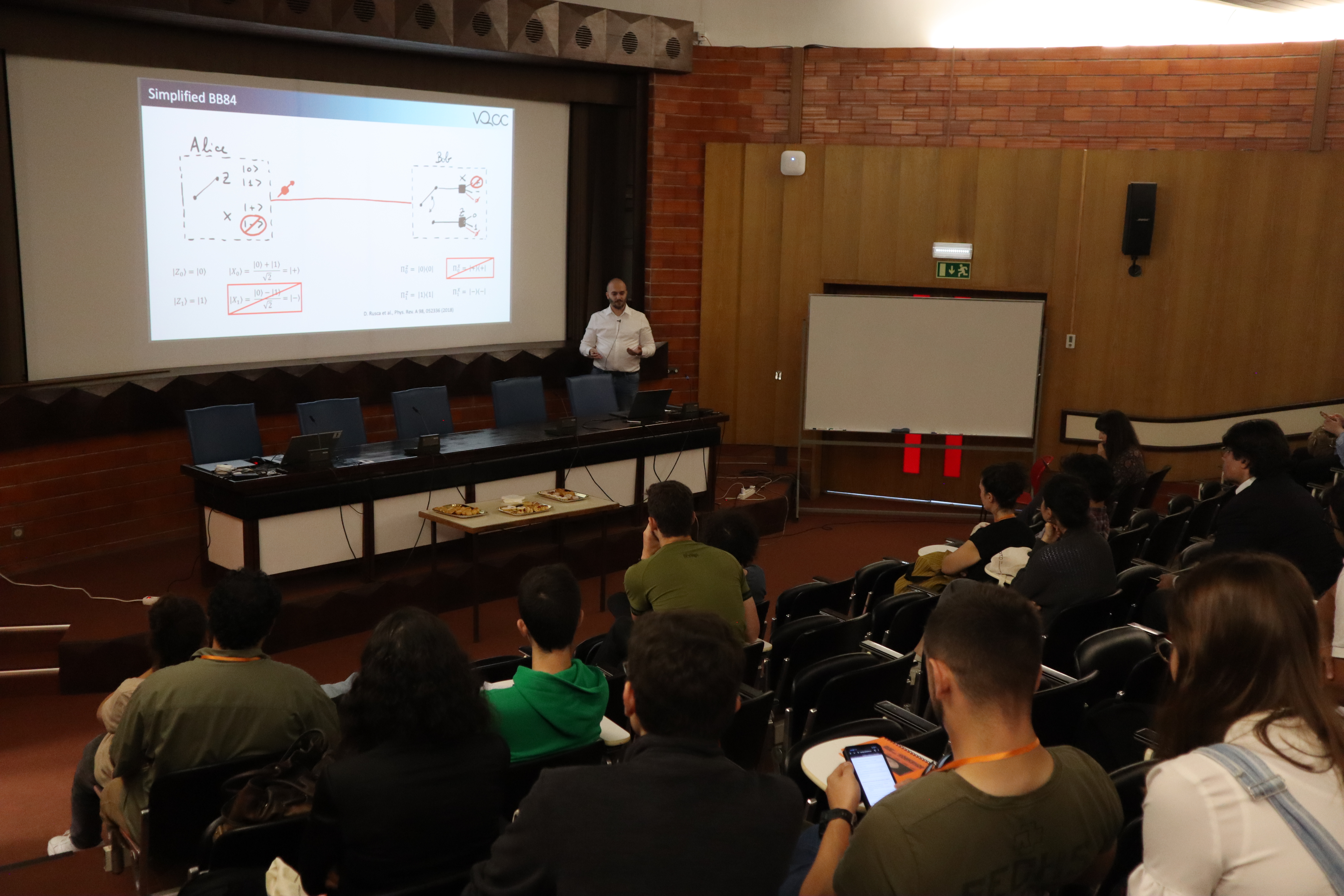The PTQCI project is composed by 5 work packages (WP):
-
WP1 Management and Coordination (DME)
- Coordination of the consortium efficiently during the whole project;
- Promote efficient communication among all participants, and also with European
Commission (EC), and relevant stakeholders;
- Monitor the progress of the whole tasks and deliverables of WPs, managing the risks
and defining mitigation plans and corrective actions;
- Provide easy access to whole participants and stakeholders progress meetings during
the different milestones;
- Ensure synergies between the projects to reach the full impact of the common goals
of the EuroQCI initiative.
-
WP2 PTQCI Foundations (GNS)
- Identify User and System Requirements for different Uses Case;
- Define a cross-cutting framework architecture;
- Assure compliance and traceability;
- Define indicators of execution;
- Define a Governance plan;
- Define evolution plan;
- Align project with security baseline of EuroQCI.
-
WP3 Seed PTQCI - Metropolitan Operational Network (DME)
- Assessment of existent infrastructures;
- Analysis of the different technology for the QKD links;
- Architecture definition;
- Implementation of the network and euroQCI standards;
- Tests and demonstration.
-
WP4 Metropolitan and Long-Distance Testbeds (IST)
- Development of a metropolitan testbed to test entanglement distribution, quantum-secure communication protocols, and switching;
- Testing of QKD between Lisbon and the Spanish border, in view of future international terrestrial connections;
- Development of feasibility studies for national and international satellite-based quantum communications;
- Implementation of time/frequency distribution use case, both over short and long distances;
- Preliminary development of an optical ground station.
-
WP5 Dissemination activities (IT)
- Promote demonstration and dissemination activities;
- Explore and identify future societal challenges and barriers with respect to the large-scale adoption of quantum technologies:
- Dissemination of results via scientific publications, oral presentations at conferences, invited talks, and related activities;
- Organization of workshops and summer/winter schools.
- Analyse and propose the exploitation of the developed quantum key distribution infrastructure in other environments;
- Create strong synergies between beneficiaries and plan future cooperation and R&D activities.




